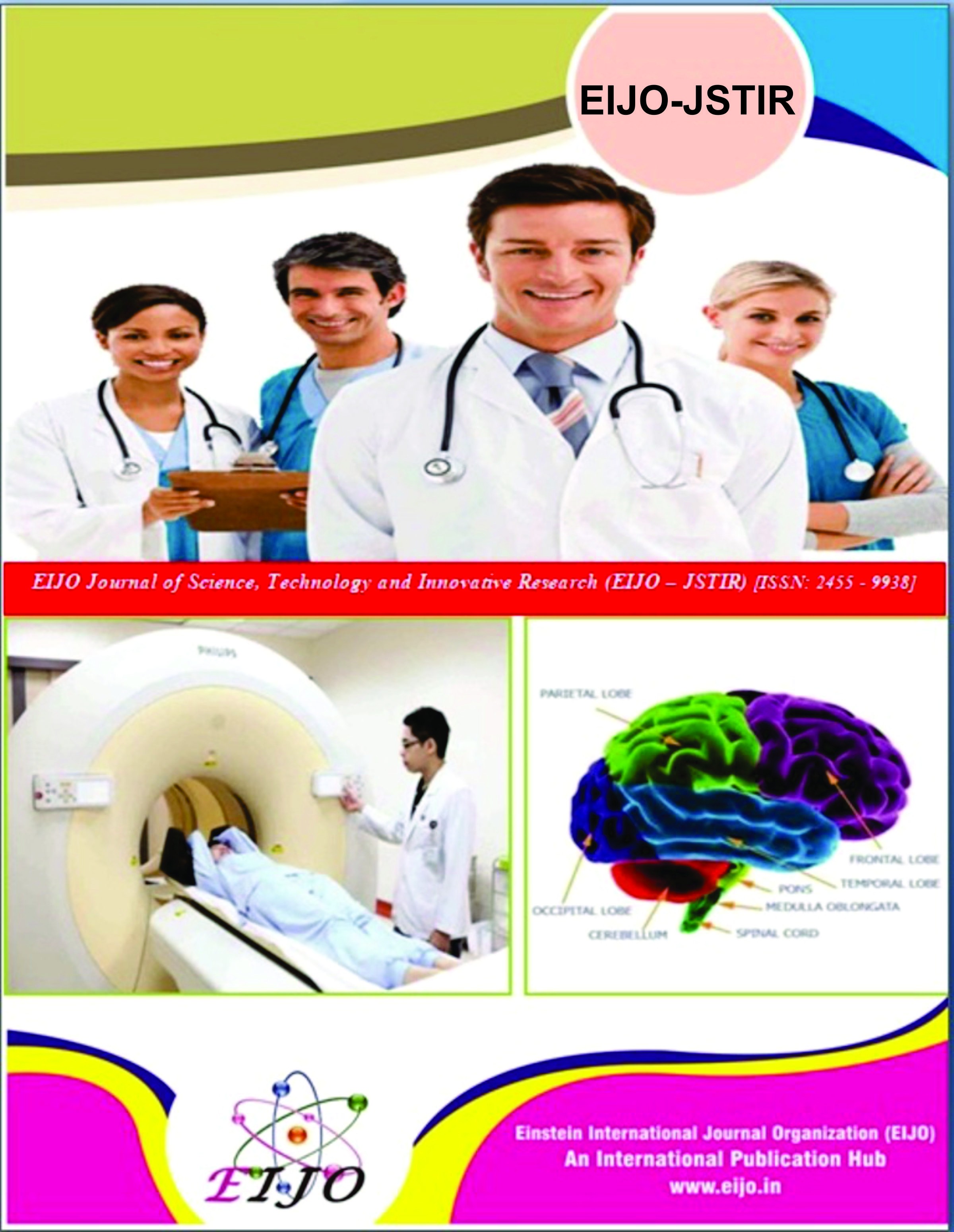JOURNALS || EIJO Journal of Science, Technology and Innovative Research (EIJO – JSTIR) [ ISSN : 2455 - 9938 ]
The label “steroid” is a general term. Glucocorticoids (GCs) are frequently prescribed anti-inflammatory and immunosuppressive drugs. In addition to their beneficial effects on disease activity, GCs have an extensive side effect profile, including adverse effects on metabolism resulting in the development of glucose intolerance and overt diabetes.
Recent developments have led to renewed interest in the mechanisms underlying these diabetogenic effects of GCs. First, dissociated glucocorticoid receptor (GR) agonists were developed which are designed to segregate the anti-inflammatory and metabolic actions of GCs, potentially rendering compounds with a higher therapeutic index.
Second, at present, 11-beta hydroxysteroid dehydrogenase type-1 inhibitors are under development. These compounds may lower tissue GC concentrations by inhibiting cortisone to cortisol conversion and are being evaluated in clinical trials as a novel treatment modality for the metabolic syndrome.
Here, we provide an up-to-date overview of the current insights regarding the mechanisms responsible for the adverse metabolic effects of GCs that may lead to steroid diabetes. Particularly, we will focus on GC-related induction of insulin resistance and pancreatic islet-cell dysfunction.
Finally, we will discuss how increased knowledge concerning the pathophysiology of steroid diabetes may result in improved treatment strategies.
Keywords: Pancreatic islet-cell dysfunction, glucocorticoids, insulin resistance, steroid diabetes
- van Raalte DH, Ouwens DM, Diamant M. Novel insights into glucocorticoid-mediated diabetogenic effects: towards expansion of therapeutic options? Eur J Clin Invest. 2009; 39:81-93.
- Zen M, Canova M, Campana C, et al. The kaleidoscope of glucorticoid effects on immune system. Autoimmune Rev. 2011; 10:305-10.
- Gulliford MC, Charlton J, Latinovic R. Risk of diabetes associated with prescribed glucocorticoids in a large population. Diabetes Care. 2006; 29:2728-9.
- Blackburn D, Hux J, Mamdani M. Quantification of the Risk of Corticosteroid-induced Diabetes Mellitus Among the Elderly. J Gen Intern Med. 2002; 17:717-20.
- Gurwitz JH, Bohn RL, Glynn RJ, Monane M, Mogun H, Avorn J. Glucocorticoids and the risk for initiation of hypoglycemic therapy. Arch Intern Med. 1994; 154:97-101.
- Hoes JN, van der Goes MC, van Raalte DH, et al. Glucose tolerance, insulin sensitivity and beta-cell function in patients with rheumatoid arthritis treated with or without low-to-medium dose glucocorticoids. Ann Rheum Dis. 2011; 70:1887-94.
- Uzu T, Harada T, Sakaguchi M, et al. Glucocorticoid-induced diabetes mellitus: prevalence and risk factors in primary renal diseases. Nephron Clin Pract. 2007;105:c54-7.
- Fain JN. Effects of Dexamethasone and 2-Deoxy-D-Glucose on Fructose and Glucose Metabolism by Incubated Adipose Tissue. J Biol Chem. 1964; 239:958-62.
- Issekutz B, Jr., Borkow I. Effect of glucagon and glucose load on glucose kinetics, plasma FFA, and insulin in dogs treated with methylprednisolone. Metabolism. 1973; 22:39-49.
- Kaplan SA, Shimizu CS. Effects of cortisol on amino acids in skeletal muscle and plasma. Endocrinology. 1963; 72:267-72.



